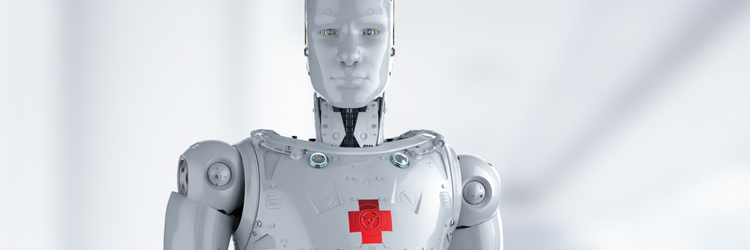Approximately 190 million people around the globe have conditions that impair their ability to move and function independently. Assistive robots can give them more freedom while reducing the need for caregiving. These robots are not widely available, however.
Tapomayukh Bhattacharjee, assistant professor of computer science at the Cornell Ann S. Bowers College of Computing and Information Science, is trying to change that.
He runs the EmPRISE Lab, one of a handful of labs that design assistive robots that must physically touch people (feeding, bathing, dressing) to help them. In an effort to improve the design and programming of assistive robots, he and his team have created a first-of-its-kind simulator.
Ruolin Ye, a doctoral student in computer science, announced their open-source platform, RCareWorld, in her presentation at the IEEE/RSJ International Conference on Intelligent Robots and Systems.
The simulator aims to realistically mimic caregiving scenarios through six true-to-life human avatars that move and behave like people with motor impairments. Each avatar has specific ranges of motion and muscle strength based on clinical data, and the team plans to expand the number of disabilities represented.
Robots and avatars can interact in 16 homes with more than 200 rooms. Each has three levels of accessibility modifications, from none to assistive devices like lifts and hospital beds.
RCareWorld also includes robots commonly used to do research in home environments, but researchers can also import their own robot models. Within the simulation, roboticists can test navigation, manipulation algorithms, and get sensor data. Team members can control both the robots and the avatars.
The first version of RCareWorld will be freely available starting in early 2023; Bhattacharjee said he has already received interest from colleagues.
Co-authors on the paper include Rajat Kumar Jenamani, a doctoral student in the field of computer science, and Vy Nguyen ’23, along with Wenqiang Xu, Haoyuan Fu, and Cewu Lu of Shanghai Jiao Tong University, and Katherine Dimitropoulou of Columbia University.

